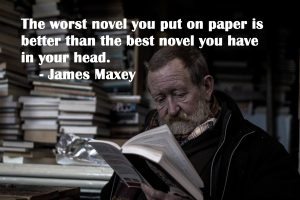
Image courtesy of Unsplash photographer Jilbert Ebrahimi; quote from James Maxey. Combined by Erin Penn 2016.
WRITING EXERCISE: Write 500 words today. Blog post, book review, flash, diary entry … just write something.

Image courtesy of Unsplash photographer Jilbert Ebrahimi; quote from James Maxey. Combined by Erin Penn 2016.
WRITING EXERCISE: Write 500 words today. Blog post, book review, flash, diary entry … just write something.
I’ve made some memes to encourage writing for the upcoming CampNaNo.
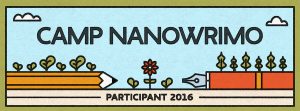
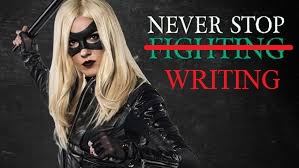
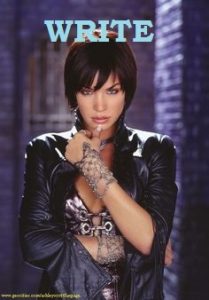
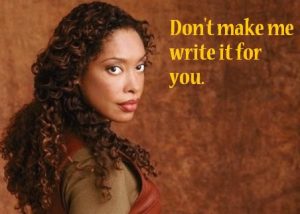
![Serenity (Joss Whedon, 2005) starring Nathan Fillion, Gina Torres, Alan Tudyk, Morena Baccarin, Adam Baldwin, Jewel Staite, Sean Maher, Summer Glau and Ron Glass Serenity is the continuation of Firefly TV series [dvdbash]](https://10094e2.wcomhost.com/erinpenn/wp-content/uploads/2016/06/Firefly-YouShould-300x157.jpg)

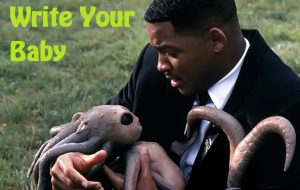
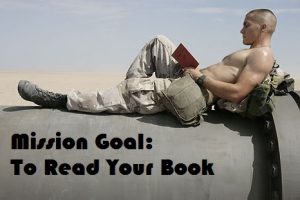
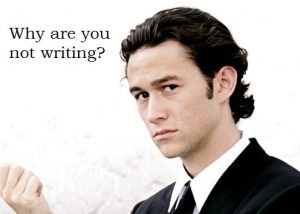
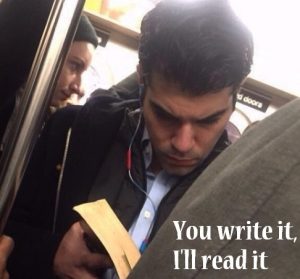
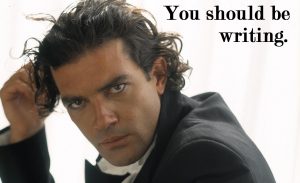
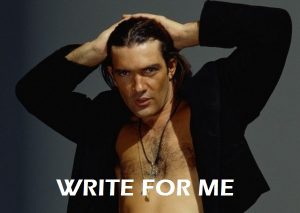
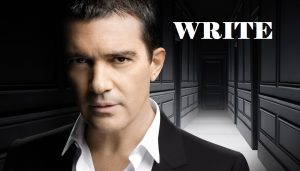
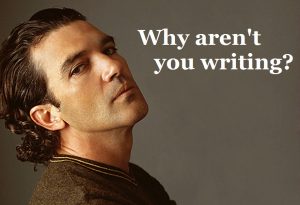
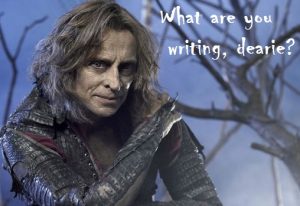
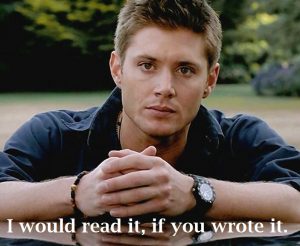
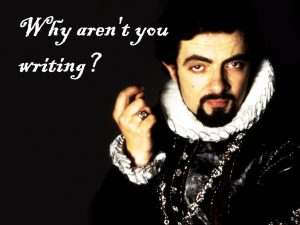
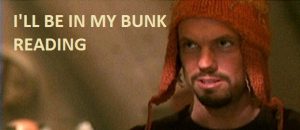
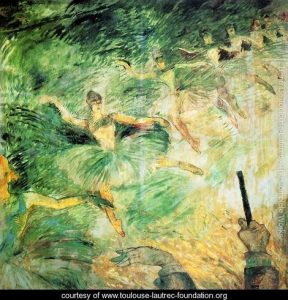
Image courtesy of the Henri de Toulouse-Lautrec Foundation
Painting entitled: Ballet Dancers
Shared under the Creative Commons attribution
Creative Attribution. Giving credit where credit is due. You may notice, I always post where I get my pictures for my blog, even if it is from the Internet Hive Mind or Facebook posts. Creative attribution is important, not only because it is the (copyright) law, but by acknowledging the hard work of others you encourage them to continue and others to attempt.
Copyright is important. Economic and sociological studies have shown that in countries where people have their property protected from confiscation, physical or intellectual property, they are more likely to create beyond bare needs. If people don’t realize any gain from the hard work of creation, planting crops or developing software for example, they aren’t going to continue doing it. They are going to pour effort into those items where they or their family has gain, or at least meets the necessities.
At the end of the day, the priorities for people are food and shelter. If their work does not gain these items, and they have no other means of gaining them, they will switch work … or die.
A no-brainer decision.
If they have food and shelter, and leftover time beyond that, they may invest it in creative activities which don’t put food on the table. But if they have a choice between creative activities with different levels of profit, so they can get luxury items like clothing, Internet, and transportation, they will choose toward the greatest profit and personal enjoyment. For some people, like painters, the personal enjoyment comes from the activity.
By always acknowledging the personal efforts of people, and following the copyright levels they choose, you are supporting them … and they will create more cool stuff. Modern life allows a lot of free time, granting people the ability to post stuff online just to give away. Wikipedia is just one of the phenomena related to modern life’s free time.
In closing, I would like to mention posting the Creative Attribution is just good manners. Like writing a thank you note. Someone took the effort to make something you can use for free. Putting their name to it is a big thank you shout out.
Needless to say, this subject is important to me … as an painter, calligrapher, editor, writer, and embroiderer. I do a lot of free stuff I share; I also do a lot of stuff just to keep a roof over my head. Thank you for recognizing my work, for buying those things I do sell, and for sharing what I give away for free. I appreciate it. Without you, I would be doing my arts a lot less.

Image Courtesy of cuteimage at FreeDigitalPhotos.net
Why Outline?
On the days when your muse takes a day off, you can still keep going. Words on paper every day is how a book gets completed. You don’t need a detailed outline, just a line or two per chapter to do the trick. I am hoping to use my outline to get through my post-convention slump.
In addition outlining helps with:
And from the editing standpoint if you are under contract:
An outline is the scaffolding, the building blocks, the DNA of your story. What other things do you think an outline will help you with?
Bio: Iz Spezial – Luv Mee!
So you need a bio. Could be because you are appearing in a con, publishing a short story in anthology, or actually got your novel accepted somewhere. Maybe you are just setting up your Facebook page, a blog, or website. Could be you have a speaking engagement, displaying some art, or signing up for a dating service.
Anyway, you need to create a short biological sketch. One of the toughest things in the world. You can write 100,000 words of fiction, but writing 100 words of “I done good and is spezial” is tough.
Never fear, Luna Lindsey wrote a great blog on the topic, “Tackling the Dreaded Bio” for the Science Fiction and Fantasy Writers of America website. The website has several great blogs including focusing on the “Craft of Writing” and the “Business of Writing”.
Hop on over to https://www.sfwa.org/2016/01/08/35531/ to find out all about writing a bio.